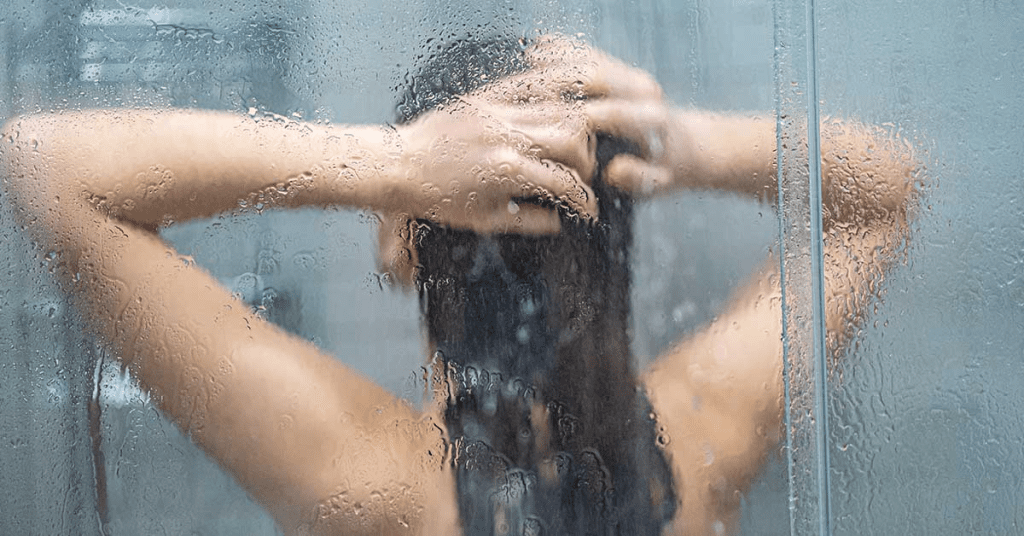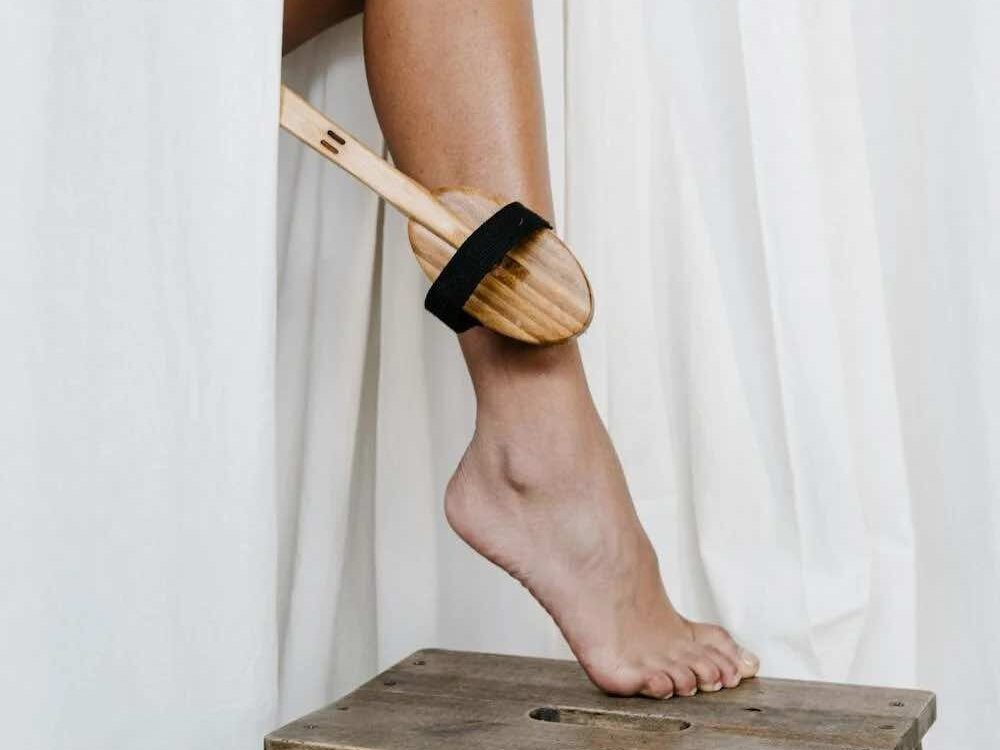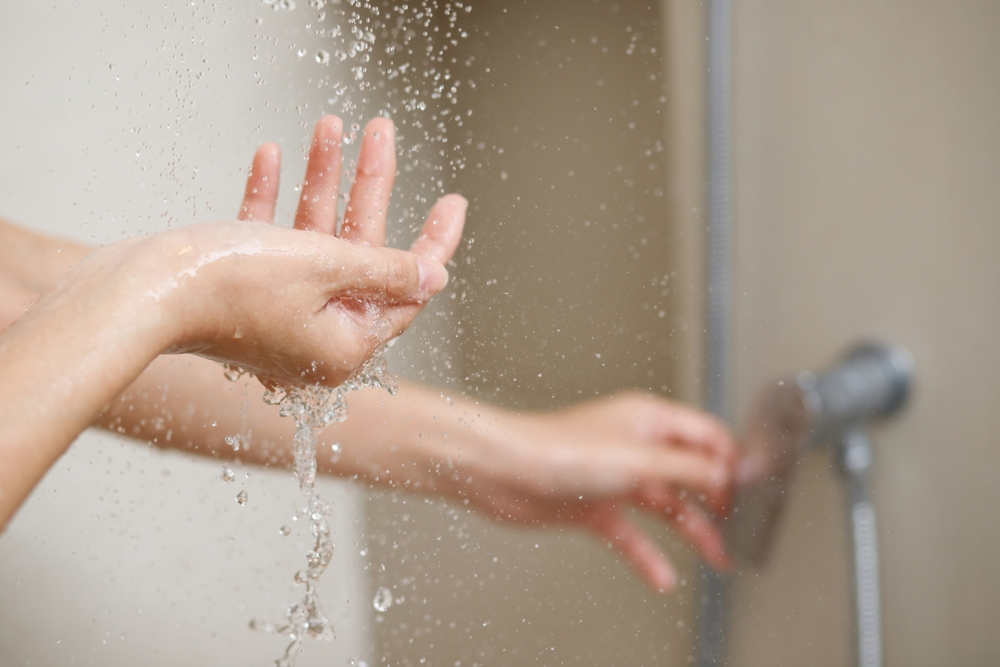When it comes to personal hygiene, showering is a ritual most of us practice daily, sometimes even multiple times a day. While this might seem like the gold standard for cleanliness, experts warn that over-showering can harm your skin and overall health. According to dermatologists and doctors, many people are unknowingly engaging in harmful shower habits, with excessive showering at the top of the list. Here’s a deep dive into what you should know to keep your skin healthy and your hygiene routine in check.
Why Daily Showers Could Be a Problem

You may assume that frequent showers are necessary to stay fresh and clean, but this isn’t always the case. Research shows that daily showers can strip your skin of its natural oils, causing dryness, irritation, and even making it more vulnerable to infections. Dr. Mark Loafman, a family physician, explains:
“The skin serves as the body’s first line of defense. Over-showering disrupts this natural barrier, compromising its protective functions.”
The Harvard Medical School supports this view, stating that most people only need to shower a few times a week unless they sweat excessively, work in dirty environments, or come into contact with irritants.
The Impact of Hot, Long Showers on Your Skin
A hot, steamy shower might feel heavenly, but it’s one of the worst habits for your skin. Hot water strips away the skin’s natural oils, leaving it dry and prone to irritation. Prolonged exposure can dilate blood vessels, causing redness and inflammation, which can exacerbate conditions like eczema and psoriasis.
Why Lukewarm Showers Are Better:
- Help maintain the skin’s natural moisture balance.
- Prevent inflammation caused by extreme heat.
- Support healthier, smoother skin in the long run.
Shortening your showers and opting for lukewarm water can make a significant difference in preserving your skin’s health.
Other Shower Habits Doctors Say to Break
Over-showering isn’t the only mistake people make. Here are some additional habits that may be sabotaging your skin and overall hygiene:
1. Neglecting to Wash Your Feet
Many people believe the soap running down their body cleans their feet, but this isn’t enough. Feet harbor bacteria, yeast, and fungi that thrive in moist environments. If not cleaned thoroughly, they can lead to conditions like athlete’s foot.
Pro Tip: Use a soapy washcloth to scrub the tops, bottoms, and spaces between your toes every time you shower.
2. Taking Lengthy Showers
The average shower lasts about eight minutes, but shorter is better. Long showers use more water and energy and dry out your skin.
Pro Tip: Keep showers under five minutes to cleanse effectively while preserving your skin’s natural oils.
3. Scrubbing Aggressively

Using rough scrubs or loofahs might feel like you’re exfoliating, but they can damage your skin’s protective barrier. Harsh scrubbing can lead to irritation and promote bacterial growth if loofahs aren’t replaced regularly.
Pro Tip: Use a gentle washcloth or soft hands with mild soap to cleanse your skin.
4. Overusing Antibacterial Soaps
Antibacterial soaps are marketed as better for hygiene, but they can harm your skin by disrupting its microbiome. This natural balance of bacteria helps protect against infections.
Pro Tip: Stick to unscented, neutral-pH soaps that cleanse without stripping essential oils.
5. Skipping Moisturizer After Showering
Showering opens your pores, making it the perfect time to lock in moisture. Skipping this step can leave your skin dry and prone to cracking.
Pro Tip: Apply a hydrating lotion or cream immediately after patting your skin dry.
The Importance of a Clean Bathroom
Good shower habits extend beyond personal hygiene—keeping your bathroom clean is just as crucial. Moisture-rich environments like bathrooms can become breeding grounds for bacteria, mold, and mildew.
How Often Should You Clean Your Bathroom?

Experts recommend cleaning your bathroom at least once a week. High-touch areas like faucets, sinks, and countertops should be disinfected regularly to prevent the spread of germs. Pay extra attention to showers and bathtubs, as these areas are prone to mold growth.
Safe and Effective Cleaning Tips:
- Use EPA-approved disinfectants for bathroom surfaces.
- Avoid harsh chemicals that leave residues or emit strong fumes.
- Opt for natural cleaners like vinegar and baking soda for an eco-friendly approach.
Regular ventilation, such as opening windows or using exhaust fans, can also reduce moisture buildup and prevent mold formation.
How Often Should You Shower?
The frequency of showers depends on individual needs. While athletes or those in hot climates might need daily showers, the average person can shower every two to three days without issue. Adjust your routine based on your activity level, skin type, and environment.
When Daily Showers Are Necessary:
- After intense workouts.
- If you’ve been exposed to dirt, chemicals, or allergens.
- During hot and humid weather to prevent sweat buildup.
For those who don’t require daily showers, a sponge bath focusing on high-sweat areas like underarms and feet can be sufficient.
What You Can Do to Improve Your Shower Routine

Making small changes to your shower routine can significantly improve your skin’s health and overall well-being. Here’s a quick checklist to get started:
- Stick to Lukewarm Water: Avoid hot showers that strip your skin of moisture.
- Limit Shower Time: Aim for five minutes or less.
- Choose Gentle Soaps: Use mild, unscented products to cleanse without irritation.
- Moisturize Immediately After: Seal in hydration while your skin is still damp.
- Don’t Skip Feet Washing: Make it a habit to clean your feet thoroughly.
The Bottom Line
While showering is essential for personal hygiene, overdoing it can do more harm than good. Long, hot showers and aggressive scrubbing can strip your skin of its natural defenses, leaving it dry, irritated, and vulnerable to infections. By adopting healthier shower habits—like shorter showers, lukewarm water, and proper moisturization—you can protect your skin and maintain its natural balance.
At the same time, remember the importance of a clean bathroom environment to prevent the spread of germs and bacteria. A few simple changes in your routine can make all the difference for your skin and overall health. Sometimes, less is more—even when it comes to showering!


